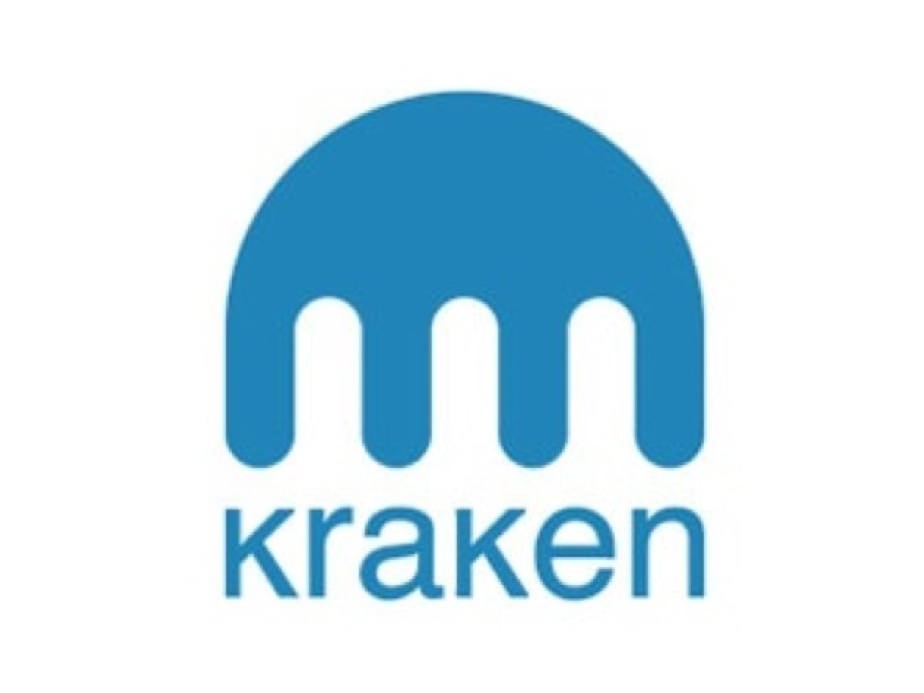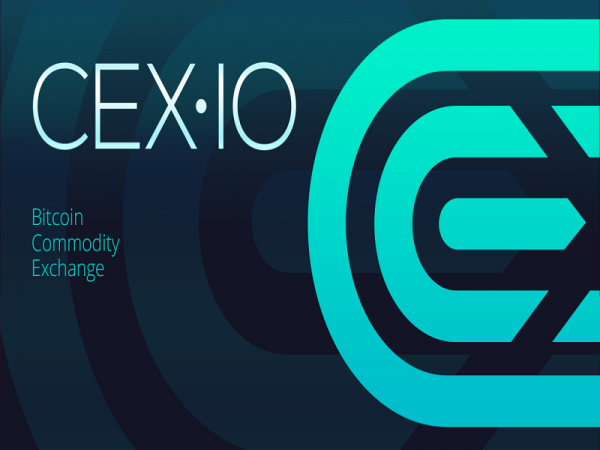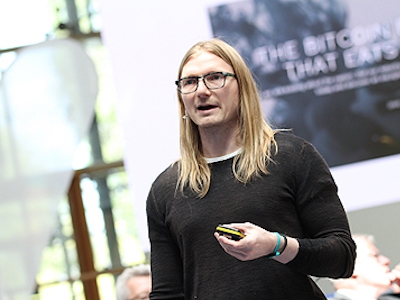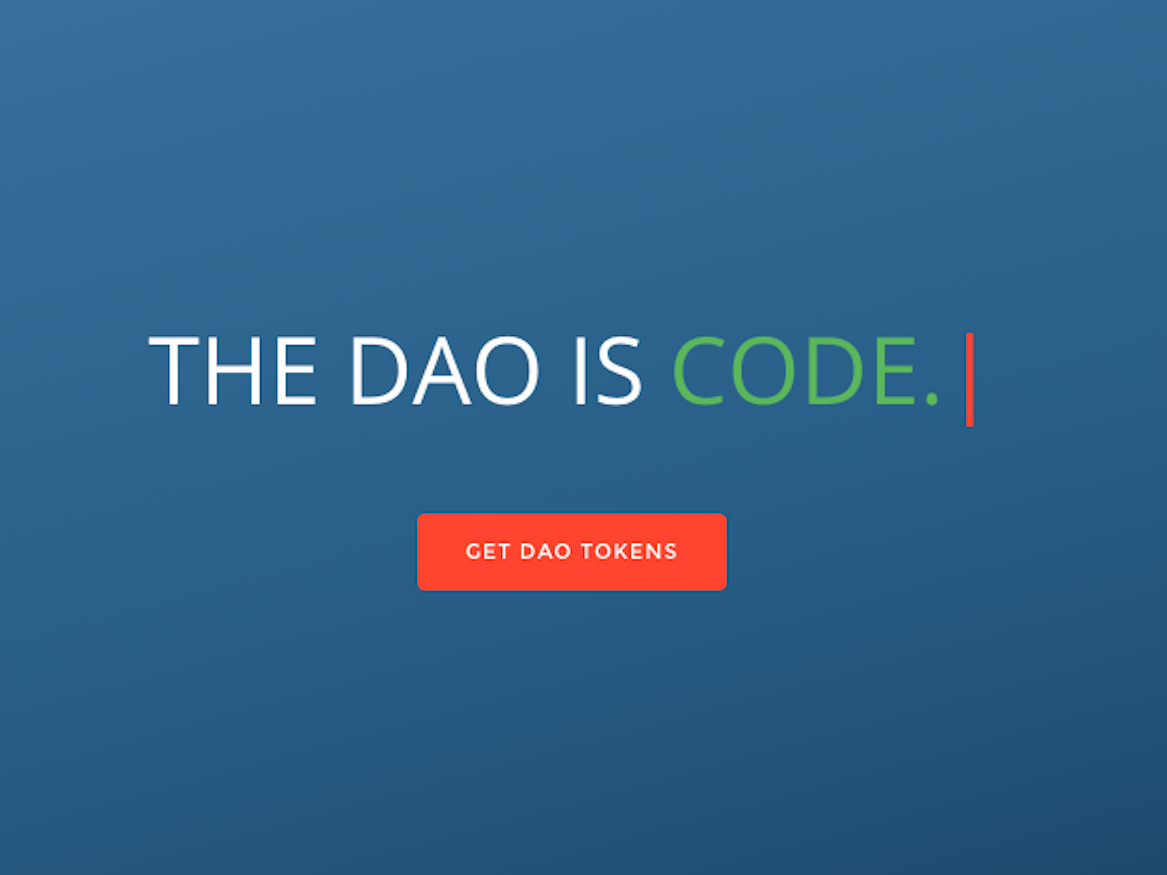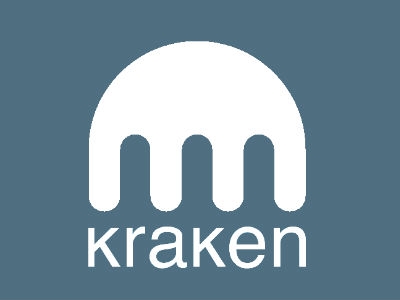Kraken cryptocurrency exchange, which trades bitcoin, litecoin, ether and a range of fiat currencies, for the first time in the world is giving its clients the opportunity to trade ether completely anonymous.
With dark pool deals, other traders on the market do not know the sum, the participants and the currency of a given transaction. This makes it possible to complete the transaction without affecting the market.
The new option may be of interest for market players willing to carry out large deals. This method helps to avoid situations when movement of big sums causes reaction of the market and affects the asset’s price. The minimal sum for a dark pool transaction is 50 bitcoins or 2500 ether, says Kraken CEO Jesse Powell in a recent article in the corporate blog.
“Kraken is proud to be the first exchange to provide clients with a dark pool for ether, a strategic option for professional traders. This year, trading volume for ether has dramatically increased on Kraken’s exchange, and we developed the Ether dark pool to bridge the gap between our lit order books and over-the-counter desk,” he said.
The new service costs a fee, but not much higher than an ordinary open market transaction. For instance, while the exchange usually charges a 0.00-0.26% fee for BTC/ETH trade (depending on the sum), dark pool trading with the same currencies will cost 0.20-0.36%.
The service is a result of both the growing popularity of the Ethereum platform and its “fuel” ether (the price of which has grown ten times since January) and of certain changes that the ether community is undergoing. The demand for dark pools, showing the intention to do secret transactions with large sums of currency, may mean that professional traders have got their teeth into ether.
Alongside with this move, the exchange has announced some other steps favouring the interests of ether owners. Margin trade is being enhanced, in particular, through increasing leverage for ETH/BTC up from 2.5x to 4x. This means that a transaction carried out with borrowed money from now on only requires a collateral equal to 25 % of the sum of the transaction. Such a step makes it possible to do risky transactions but increases the liquidity of the currency.
In addition, the exchange introduces another novelty: now ether savings can act as a collateral for marginal trade transactions. All this indicates the growing trust for ether and Kraken intending to attract more ether owners.
Andrew Levich
